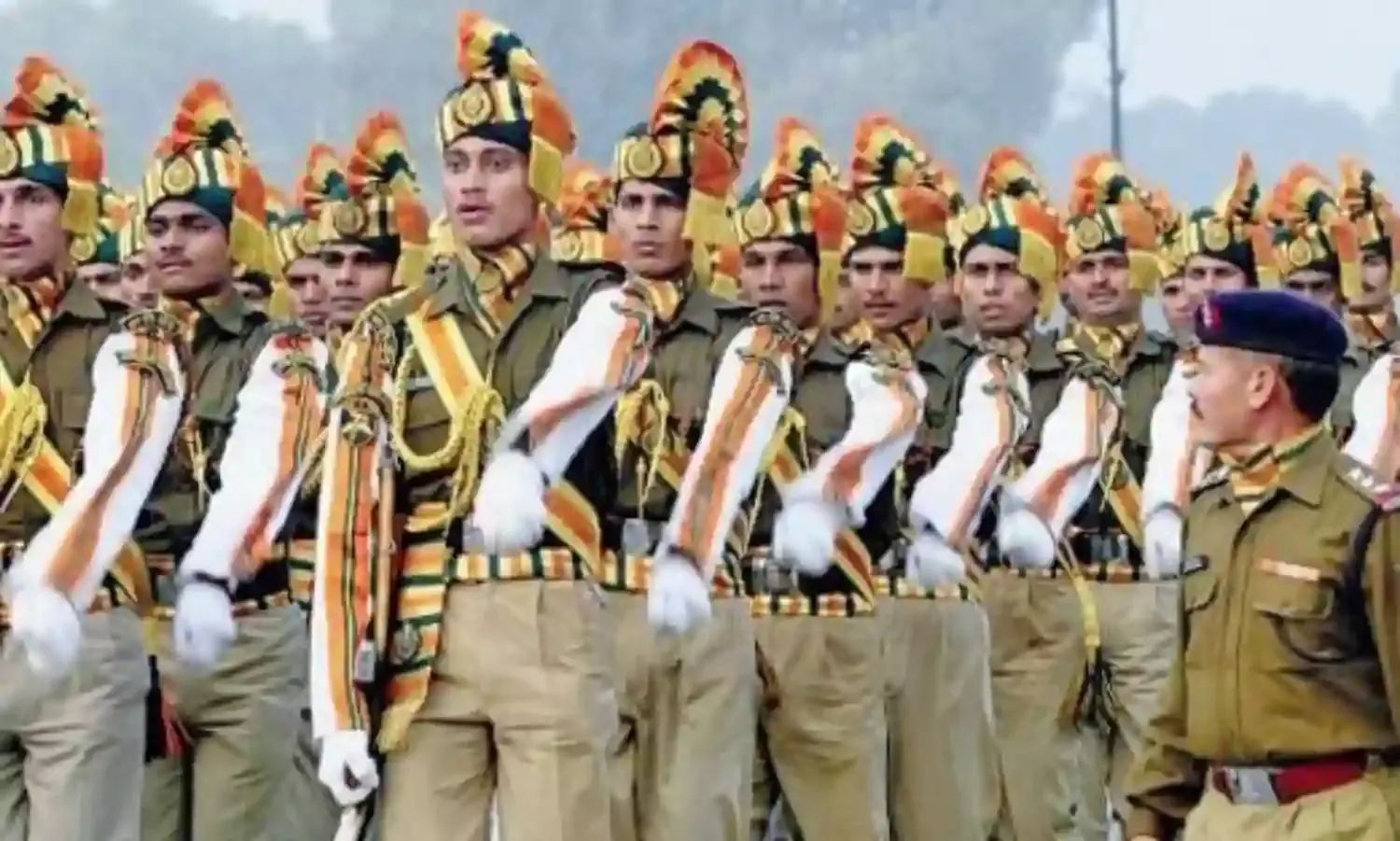Raising ITBP Battalions Indicative of Flawed China Border Policy
Myth and Reality of Securing the India-China Border

The Government cleared the raising of Seven new battalions for Indo Tibetan Border Police (ITBP) on February 15 2023. The press release states, “The union cabinet on Wednesday sanctioned seven new battalions and an operational border base with a fresh strength of 9,400 personnel for the India-China LAC guarding force Indo-Tibetan Border Police (ITBP). The proposal was cleared after the meeting of the cabinet that was chaired by Prime Minister Narendra Modi.” Is this another case of keeping the citizens of this country alluded to with a myth of security, and veiling the reality?
The methodology to safeguard the territorial integrity on the northern border, which stretches nearly 3,000 kilometres, from Ladakh’s Karakoram pass to Arunachal Pradesh’s Yanchep La should flow from operational objectives derived from assessing China’s political aims. However, this seems to be another case of increasing turfs, based on some trivial inputs rather than a well thought out comprehensive National Security move.
The CCS approval for raising the seven ITBP battalions indicates that the entire perspective on managing the border with China is flawed. We still seem to be living in the pre-1962 era and hence tend to ignore the lessons learnt from the disastrous consequences of our policy of policing the disputed border.
Immediately after the 1962 war a number of new army divisions were ordered to be raised. Even the Kargil Review Committee Report, whose chairman Mr K. Subramaniam, none other than the father of the present Foreign Minister, had repeatedly and strongly recommended ‘one border one force’.
If that is too distant, fast forward to 2020. Just as in 1962, where we pushed ill clad, ill equipped and poorly supported troops with second world war weapons and bare minimum ammunition to freezing temperatures leading 30 percent casualties to weather, we pushed two divisions to Ladakh after Galwan. Because there was only one Division guarding the border at that time. Even this decision was not based on a deliberate review of any security strategy, own or that of the enemy but a knee jerk reaction to Chinese build up.
Shifting manpower, as we did in 2020 and reducing manpower as we did with the announcement of Agneepath Scheme, in the middle of war or criticality is a recipe for disaster. Because it's not just the manpower that is required. The logistics, maintenance and many other related considerations of terrain, morale, leadership, doctrine, organisational structures, operational ingenuity, innovative tactics and optimal utilisation of scarce assets are extremely important issues.
Hence, whether it is guarding the borders or fighting an enemy, in the immediate, short and long term, unless we have a comprehensive National Security Strategy and National Security Doctrine and a complete defence review, our approach to requirement of manpower and equipment will be disjointed. In the ongoing discourse, while on one hand the Government is wanting to reduce the size of the army with the false narratives of cutting the flab, archaic structures
The raising of seven new ITBP Battalions for security of borders is good for optics and consumption of the general public. However, towards national security and security of the Indo-China border, it is a retrograde step. Whereas the modernization of Indian Armed Forces, particularly the Indian Army, is suffering for want of resources, we are frittering away the limited national resources in senseless new raisings of police battalions.
Lt. General Prakash Menon writes “The CCS approval for raising the seven ITBP battalions indicates that the MHA and MoD do not appear to have a common perspective on managing the border with China. The Army and ITBP report to different ministries is a recipe for disaster that calls for rectification, as the unity of Command, which is a basic principle of military power, is being sacrificed.”
Lt General JK Sharma (AVSM) PhD (Veteran) is Chief Defence Advisor Govt of Uttar Pradesh and Chair of Excellence DRDO. Views expressed are the writer’s own.


